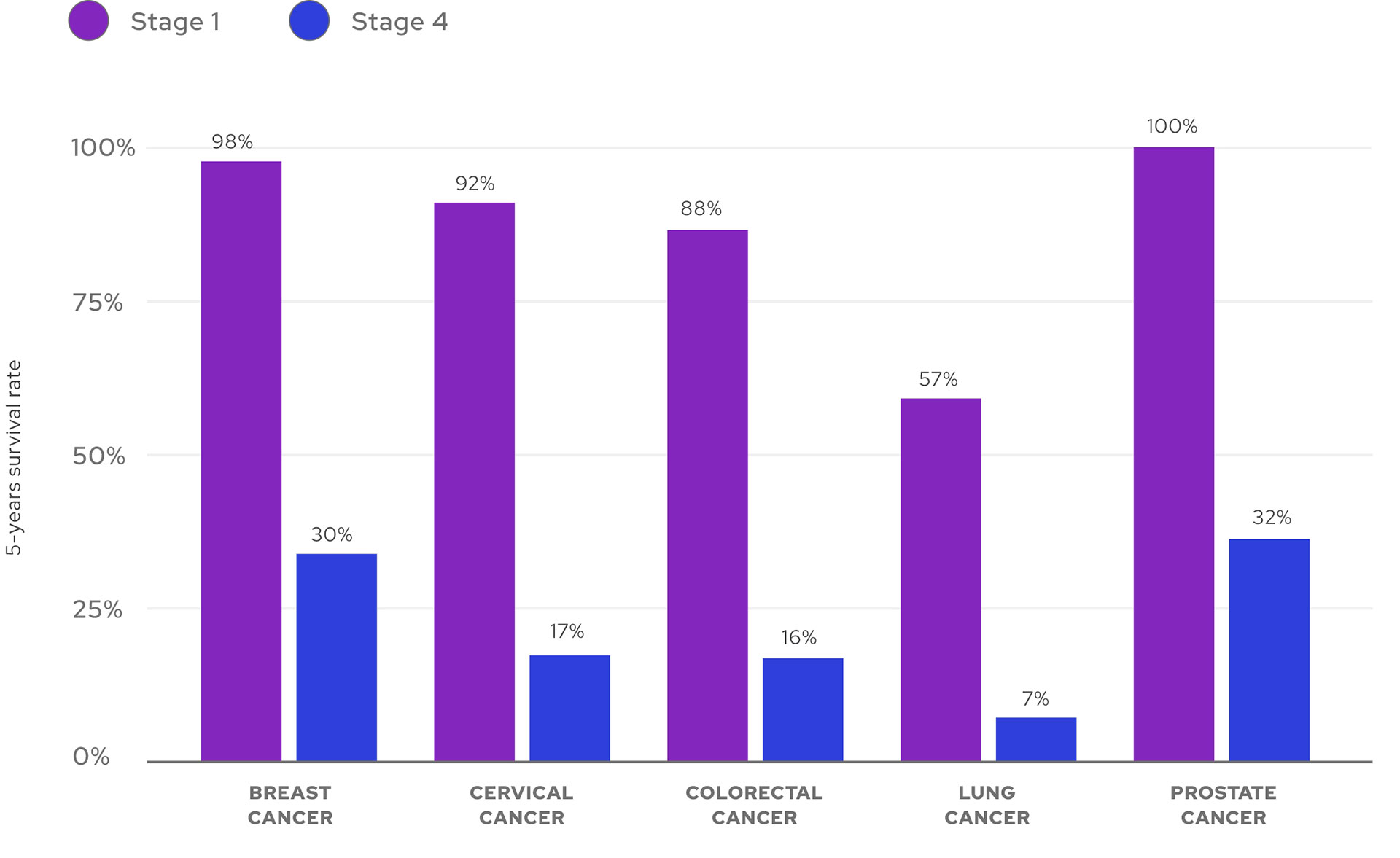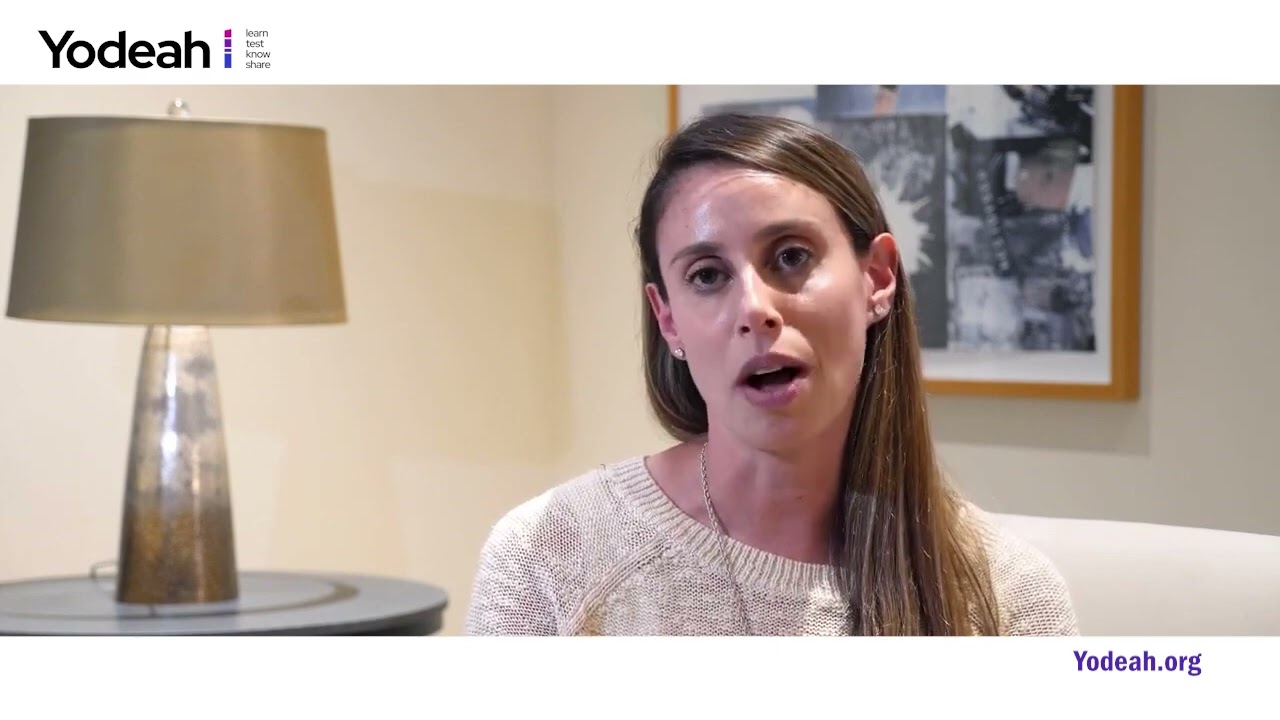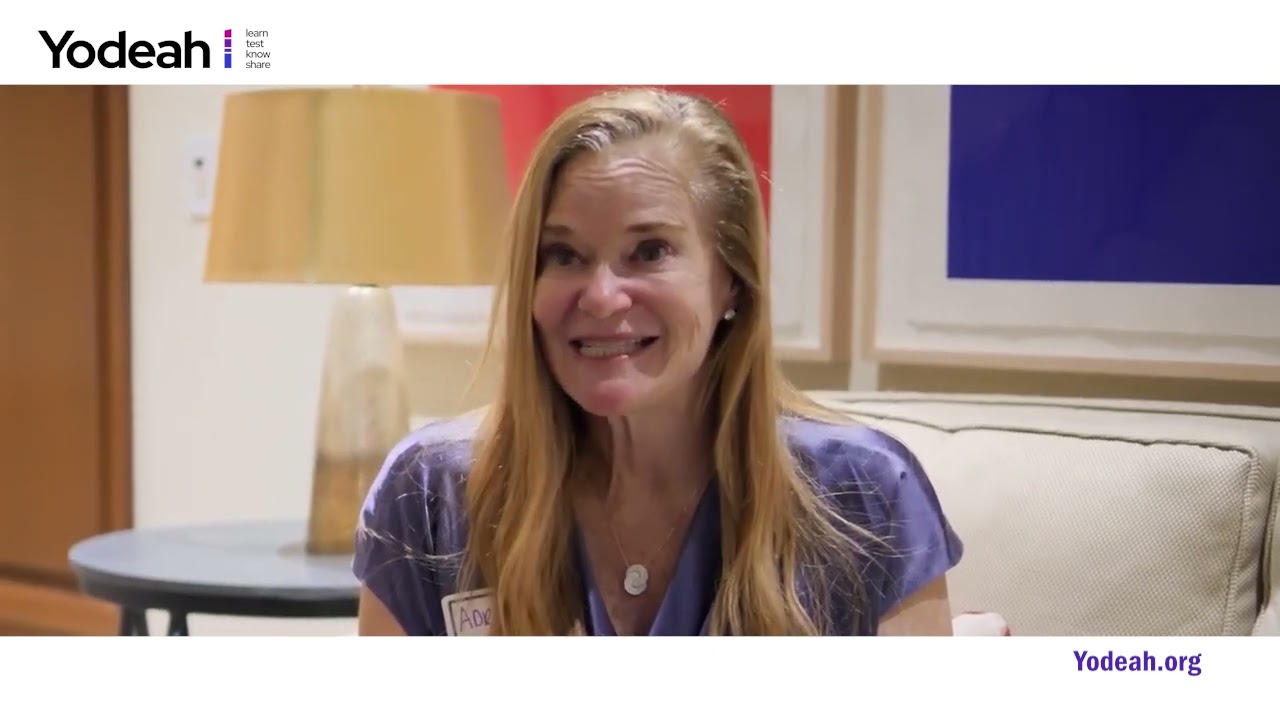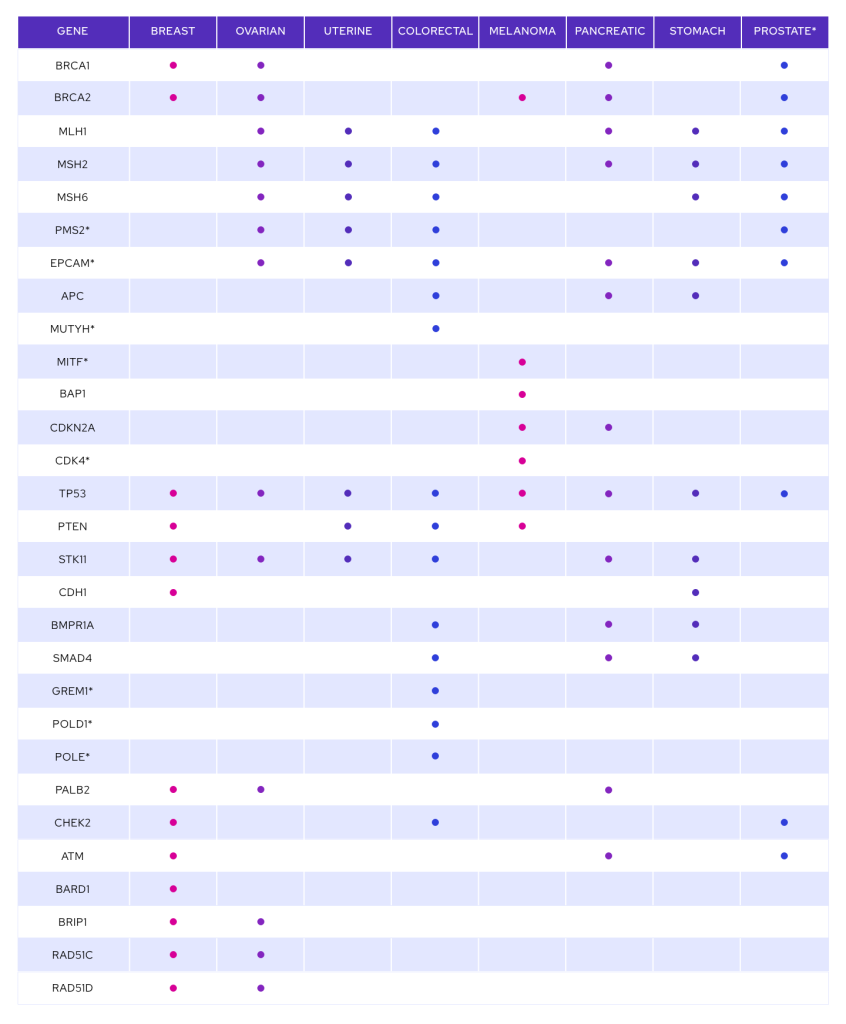KNOW YOUR RISK, BE EMPOWERED

YOUR RESULTS WILL BE CATEGORIZED INTO ONE OF THREE GROUPS:
NEGATIVE
No known pathogenic mutation/variant is detected. This indicates you don’t carry a known hereditary cancer genetic mutation that significantly increases your cancer risk. While this is positive news, most cancers are sporadic and not linked to hereditary genes. Therefore, continue with appropriate cancer screenings based on your age, family history, and other factors. For instance, with negative genetic testing and no family history of breast cancer, current recommendations suggest yearly mammograms from age 40. However, if you have a strong family history despite negative testing, your doctor may advise additional measures like yearly breast MRIs or preventive medications. For a family history of early-onset breast cancer, screening might begin before 40. Your doctor can provide personalized recommendations.
POSITIVE
A pathogenic genetic mutation/variant associated with increased cancer risk is identified. This doesn’t guarantee you have or will develop cancer. However, this information enables you to create a personalized medical plan with a physician or genetic counselor. You can explore risk-reducing medications, procedures, or enhanced surveillance for early cancer detection. We recommend testing family members for the same mutation. If you’re planning a family, you can discuss options to prevent passing the mutation to your children.
NEGATIVE WITH A VARIANT OF UNKNOWN SIGNIFICANCE (VUS)
This result is still negative for a pathogenic mutation, but you have genetic variations that the lab cannot definitively classify as benign or cancer-associated due to insufficient information. As more data is gathered, the lab may reclassify these variants and inform you. Most often, these variants are later classified as benign. VUS are common, and doctors treat this result like a negative result, determining appropriate cancer screening based on your age, family history, and other personal risk factors. .
Why it is important to KNOW
5 Year Survival Rate


IVF AS AN OPTION
WHAT’S YOUR “Y”?
KNOW YOUR “Y”: PARTNERS IN TESTING, PARTNERS IN LIFE
Brian Weinblatt reveals how one courageous decision, made alongside his wife, transformed their lives. See how a simple test can empower generations to strengthen family bonds and preserve and protect those we love most.
Yodeah does not provide medical services, make medical referrals or endorse or promote any specific medication, treatment, product or service. Links provided on this website to order test kits are provided solely as a convenience to this website’s visitors. Yodeah is not responsible for the processing of test kits or the provision of test results for any testing service. Yodeah makes no representations regarding the accuracy or efficacy of any testing service.
Yodeah’s mission is to educate and facilitate cost-effective testing for hereditary cancer genetic mutations in the Jewish community, a process known as population-based testing. Yodeah does not give medical advice. We recommend you contact your healthcare professional for any questions about cancer or genetic testing. Genetic testing is not a substitute for visits to a healthcare professional for recommended screenings or appropriate follow-up.ices, make medical referrals or endorse or promote any specific medication, treatment, product or service. Links provided on this website to order test kits are provided solely as a convenience to this website’s visitors. Yodeah is not responsible for the processing of test kits or the provision of test results for any testing service. Yodeah makes no representations regarding the accuracy or efficacy of any testing service.








